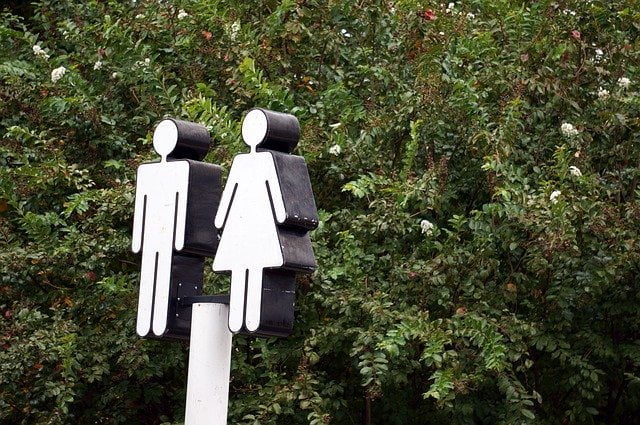Readers of a certain age (in this case, I suspect this means anyone over 30 or so) will remember that there was a time when nobody started an email with the sentence “I hope this finds you well”.
Sometime in the last 5 or so years, some evil cabal has decided to tell secondary school pupils – and even (theoretically) fully-hatched people in the workplace – that all emails have to begin with this sentence.









